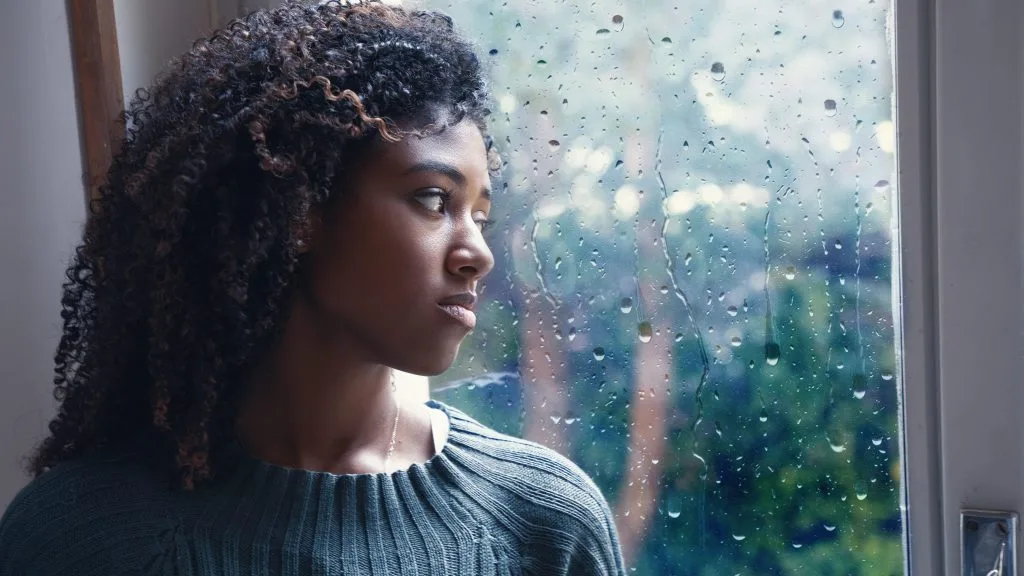Loading the player…
Although there are roughly 8 billion people on the planet, the World Health Organization (WHO) estimates that 25% of older people across all regions of the globe experience “social isolation,” and that feeling increases the risk of chronic illnesses and risky behavior, according to the body responsible for international public health.
The effect of loneliness on health drove the WHO last week to announce its plans to launch a commission with a diverse set of health leaders to combat social isolation.

According to a release, during the next three years, the Commission on Social Connection will address “loneliness as a pressing health threat, promote social connection as a priority, and accelerate the scaling up of solutions in countries of all incomes.” The new commission will study how loneliness and social isolation can impact physical, mental, and emotional health.
The announcement arrives at a time when roughly 44 million American adults are experiencing significant loneliness, which can lead to premature death, anxiety and cardiovascular disease, wrote U.S. Surgeon General Vivek H. Murthy, who co-chairs the WHO commission. Social isolation, he wrote, can cause as much harm to a person as smoking 15 cigarettes a day. The initiative also arrives as many around the world are preparing for a busy holiday season. While many have family and friends to spend the upcoming celebrations with, loneliness, social isolation and depression can surge during the latter months of the year.
In addition to Murthy, the commission, which includes a diverse set of international policy-makers, thought leaders and advocates, will be chaired by African Union Youth Envoy Chido Mpemba, who is bringing awareness to how loneliness disproportionately impacts young adults and youths.
“Young people are not immune to loneliness. Social isolation can affect anyone, of any age, anywhere,” Mpemba said in the release. “Across Africa and beyond, we must redefine the narrative around loneliness. Investments in social connection are critical to creating productive, resilient, and stable economies that promote the well-being of current and future generations.”
Among the other commissioners is American disability rights advocate and the first deafblind graduate of Harvard Law School, Haben Girma.
“As someone who struggled with isolation, as ‘a Deafblind person in a world designed mostly for sighted, hearing people, as a guide dog partner facing public rejection on a regular basis, becoming a Commissioner of the World Health Organization’s new Commission on Social Connection is a tremendous honor,” Girma wrote in the caption of an Instagram post announcing the commission.
She added, “I’m excited to serve, amplifying the issues [and] innovative solutions within the disability community.”
Never miss a beat: Get our daily stories straight to your inbox with theGrio’s newsletter.


